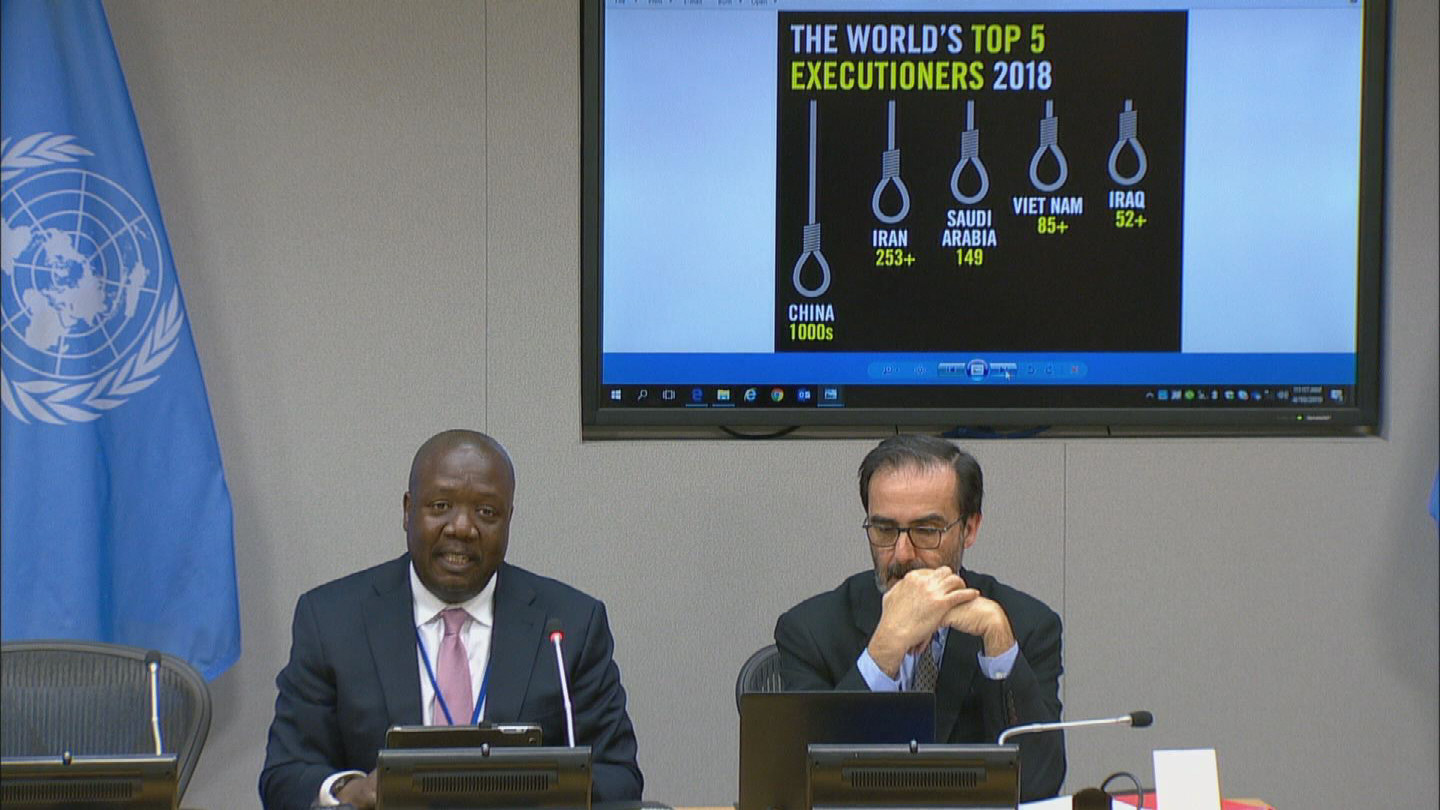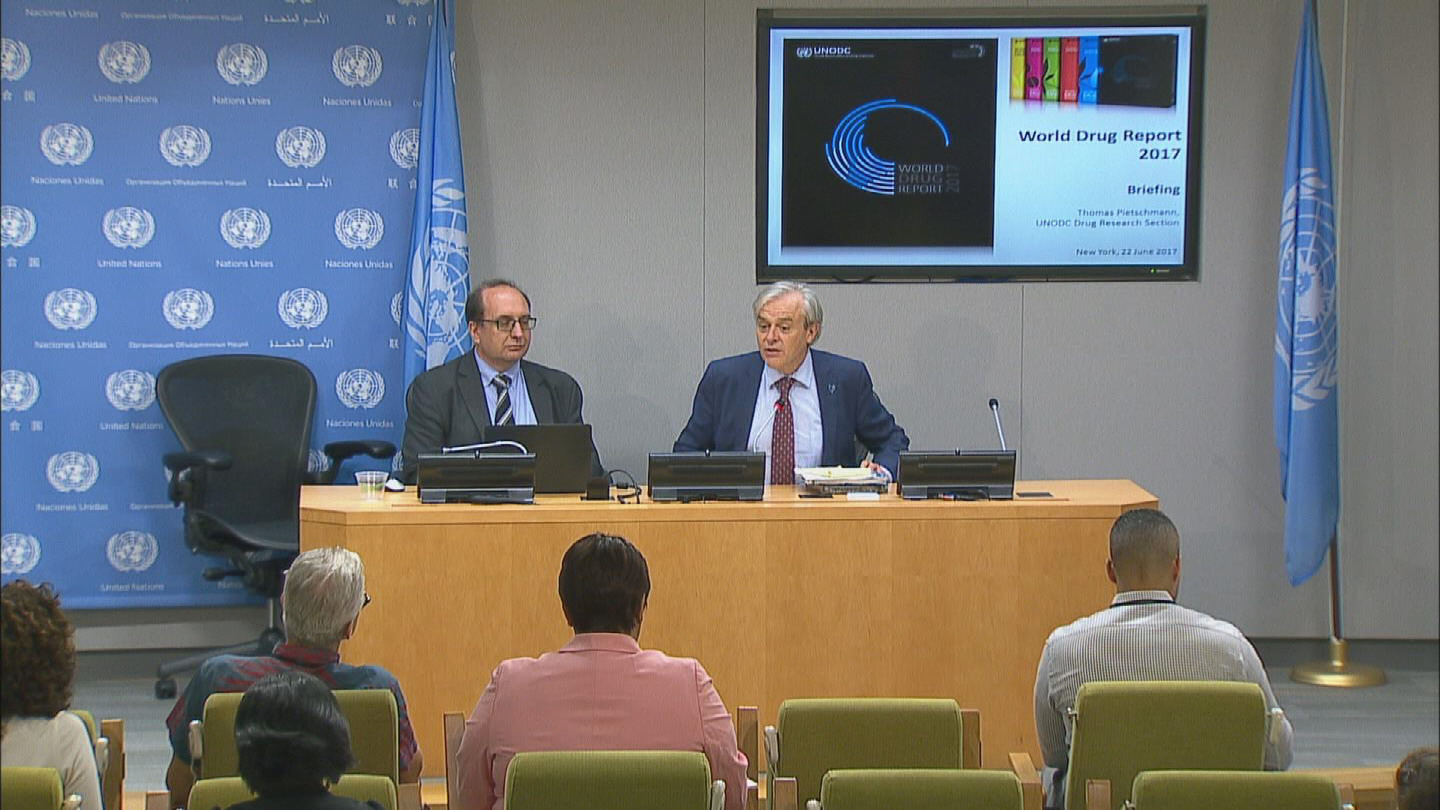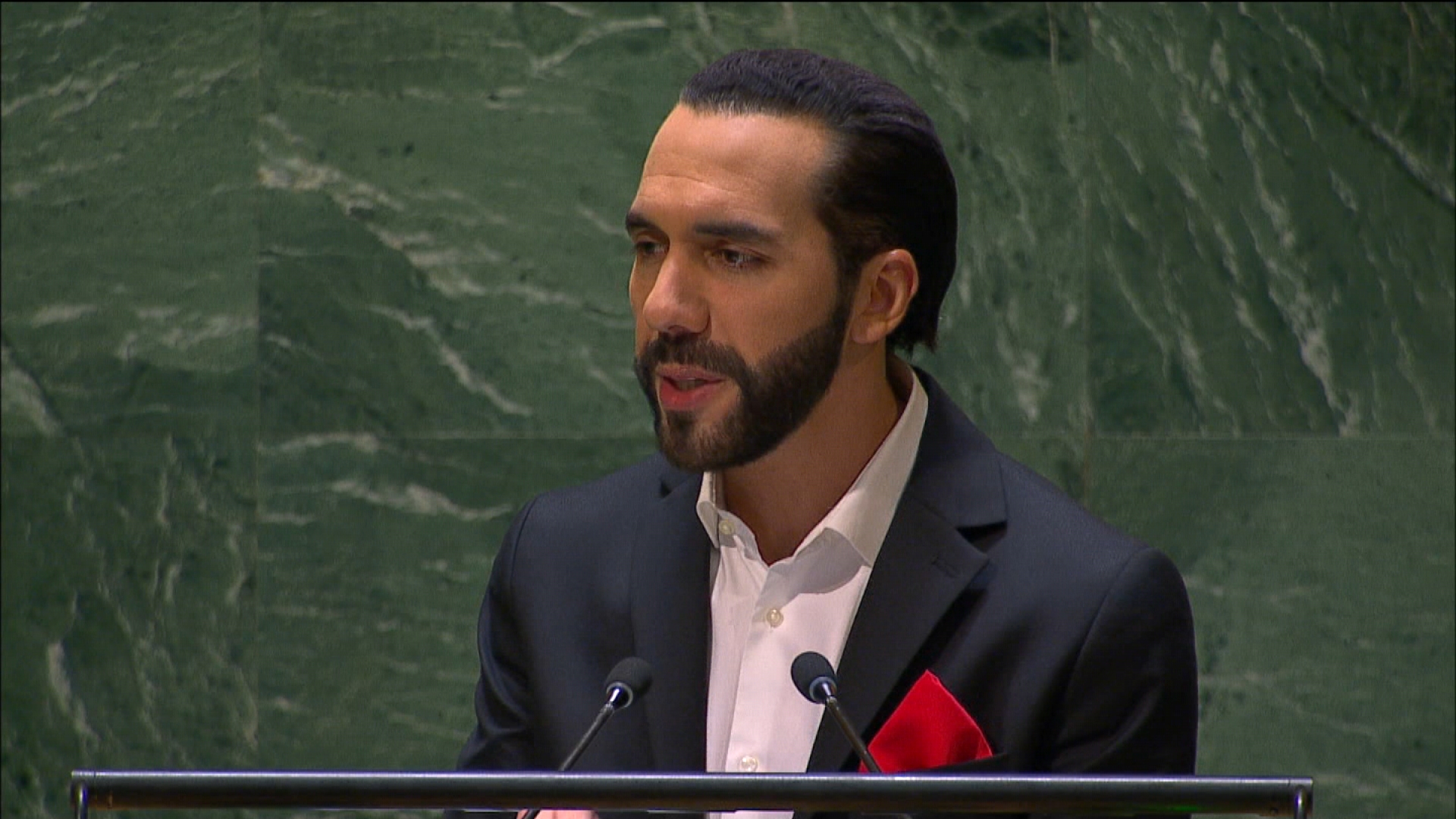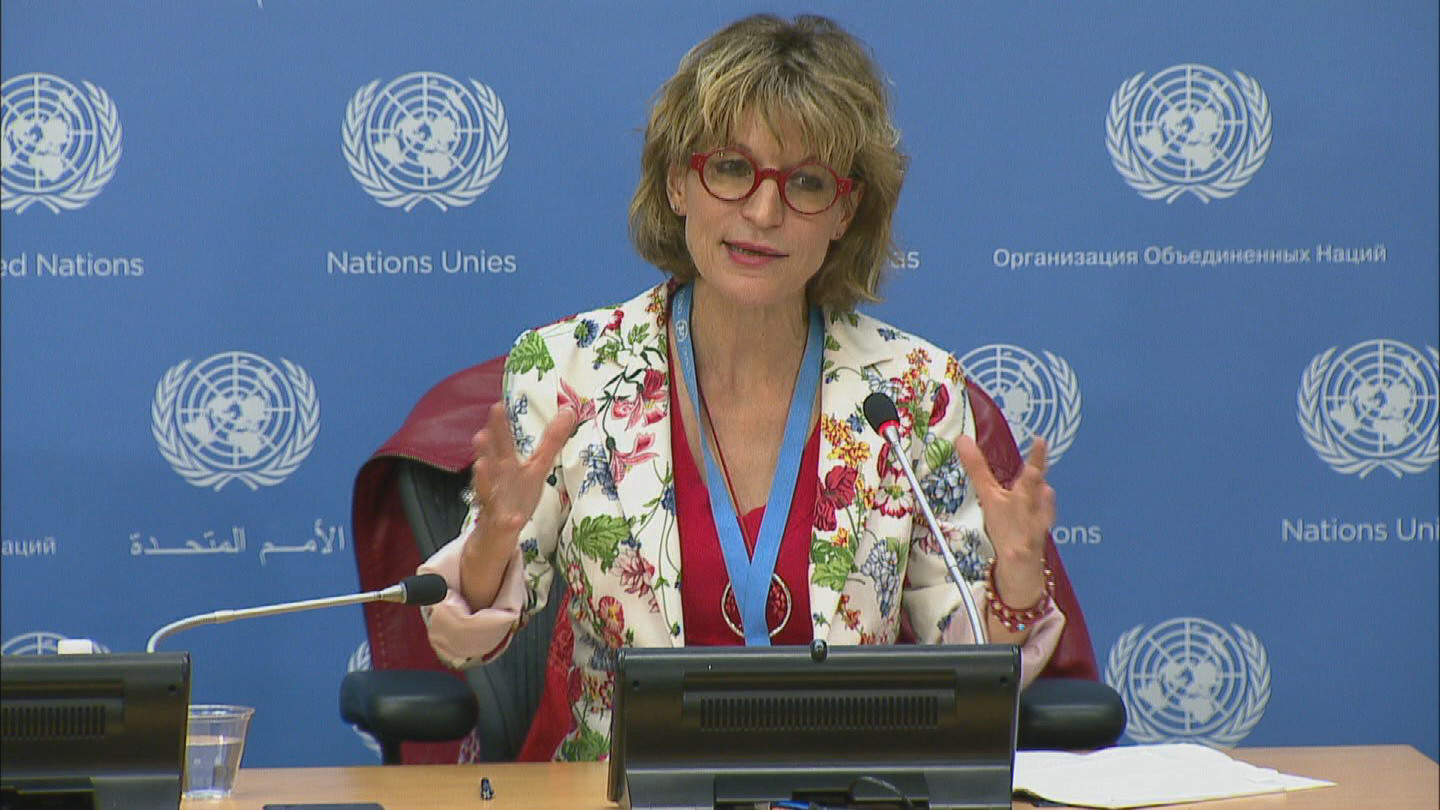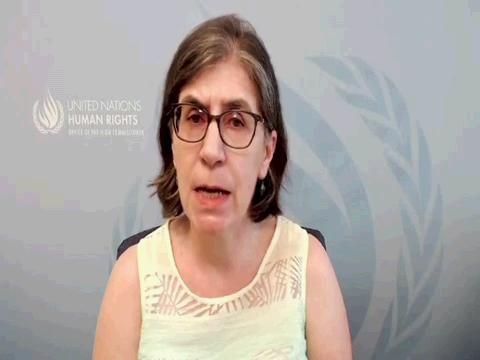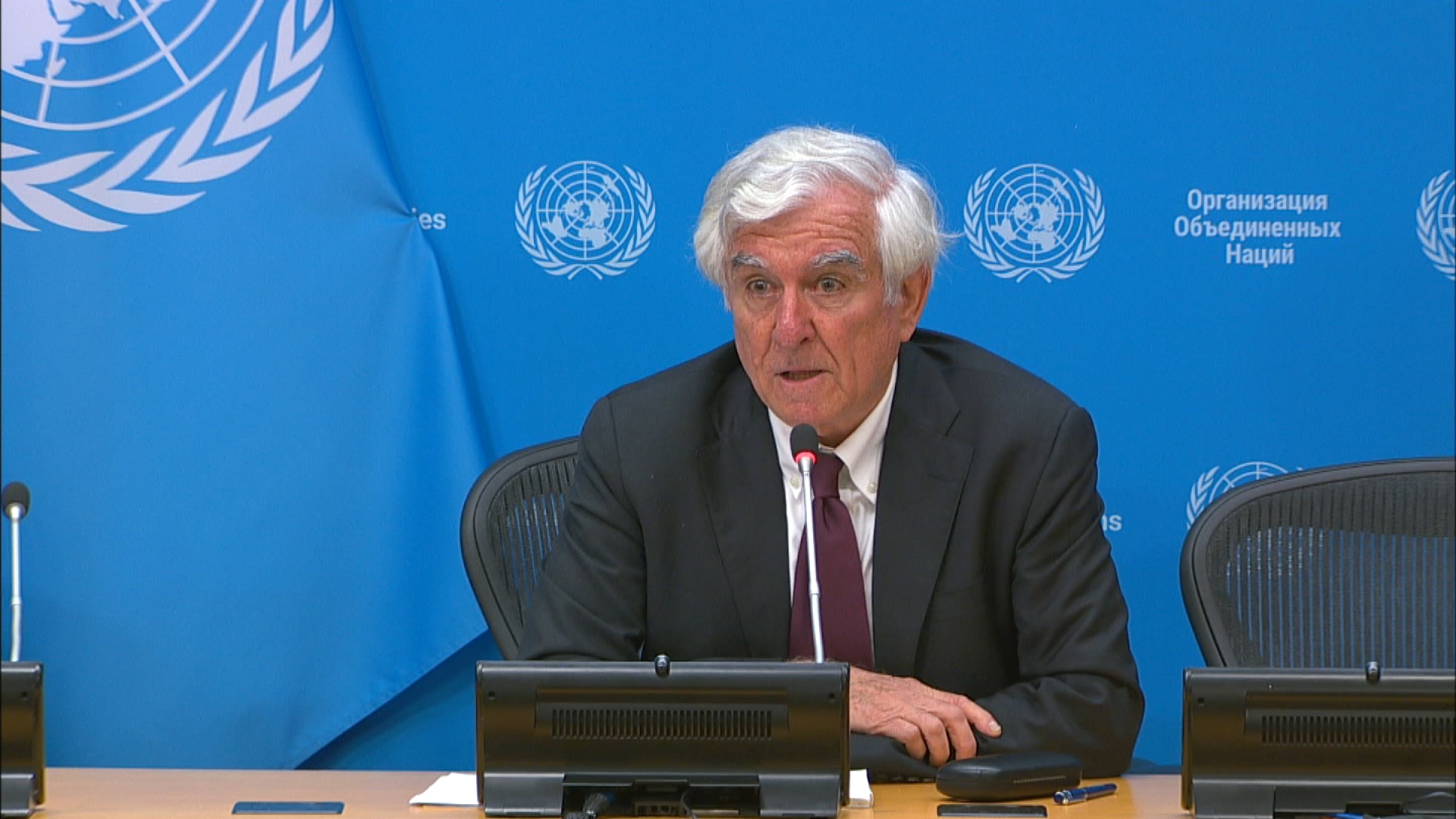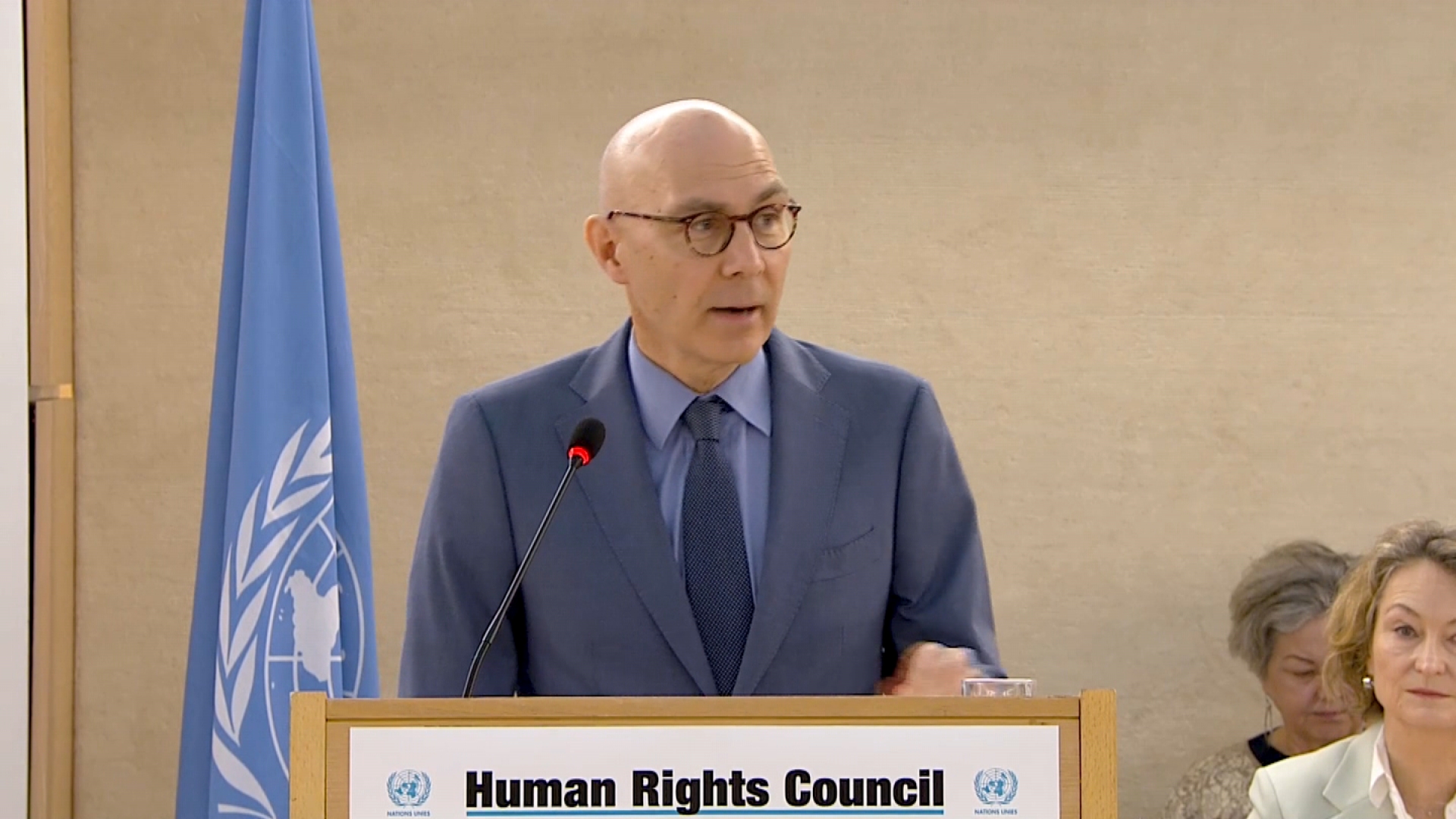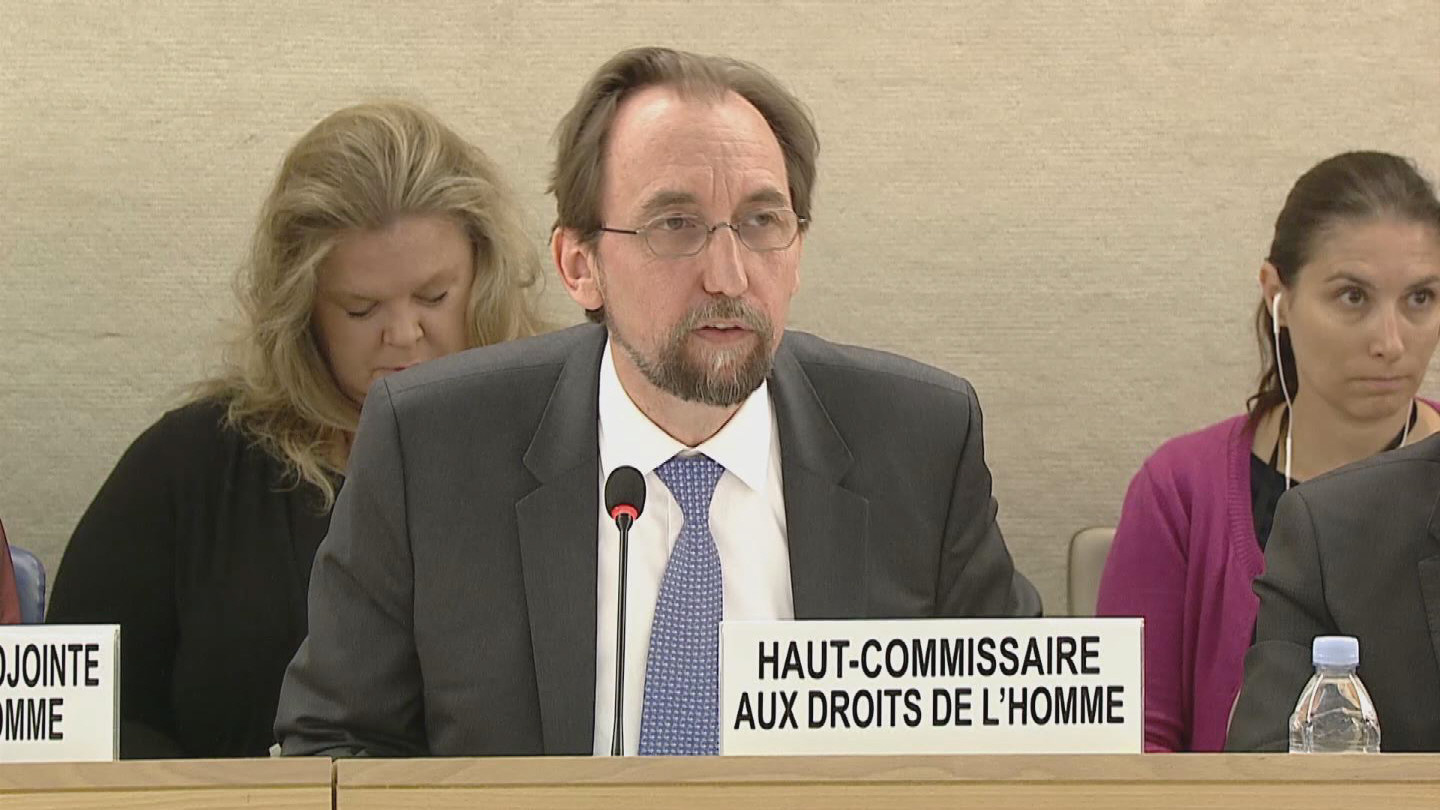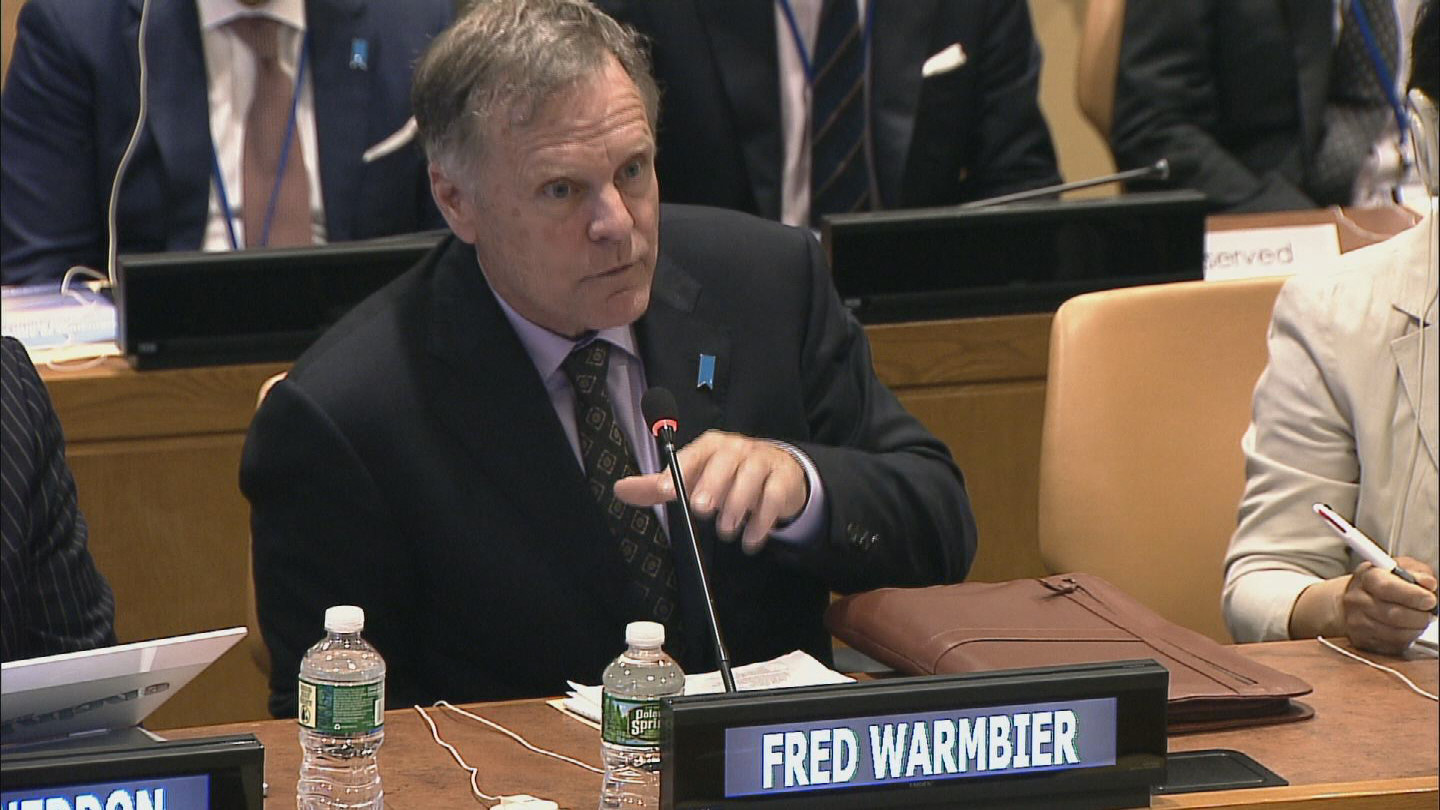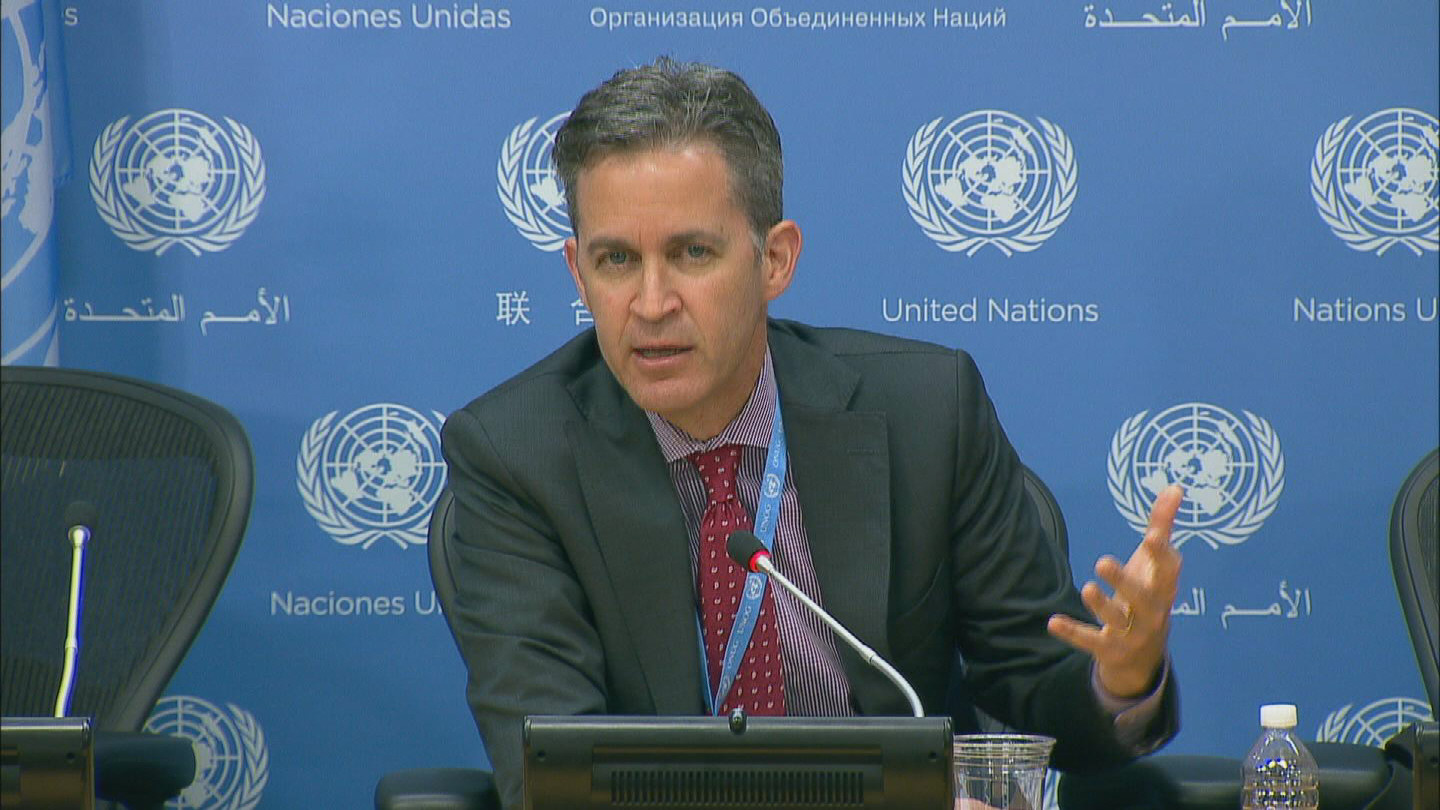AMNESTY INTERNATIONAL / DEATH PENALTY
Download
There is no media available to download.
Share
STORY: AMNESTY INTERNATIONAL / DEATH PENALTY
TRT: 02:20
SOURCE: UNIFEED
RESTRICTIONS: NONE
LANGUAGE: ENGLISH / NATS
DATELINE: 11 APRIL 2017, NEW YORK CITY
FILE - NEW YORK CITY
1. Wide shot, UNHQ exterior
11 APRIL 2017, NEW YORK CITY
2. Wide shot, press room
3. SOUNDBITE (English) Renzo Pomi, Representative to the United Nations, Amnesty International:
“So the use of the death penalty has been always marked by arbitrariness, discrimination, and error. The death penalty is cruel, inhuman, and degrading to all those involved in applying it, and violates the right to life enshrined in the Universal Declaration (of Human Rights). It should not be difficult to understand why Amnesty opposes death penalty in all cases, without exception, regardless of the nature or circumstances of the crime, guilt or innocence of the accused individual, or the method used by the State to carry out the execution.”
4. Wide shot, Pomi addressing reporters
5. SOUNDBITE (English) Renzo Pomi, Representative to the United Nations, Amnesty International:
“This numbers of executions does not include the thousands carried out in China, which remains the world’s top executioner. However, China’s true extent of the use of the death penalty remains unknown as data on this is classified as a State secret. Recent claims of judicial transparency are undermined by this fact.”
6. Wide shot, journalists
7. SOUNDBITE (English) Renzo Pomi, Representative to the United Nations, Amnesty International:
“The number of executions and death sentences recorded in the USA continue to decline, reaching the lowest number recorded in any year since 1991 and 1978 respectively.”
8. Close up, world map showing executions by country
9. SOUNDBITE (English) Renzo Pomi, Representative to the United Nations, Amnesty International:
“In general the countries using the death penalty are countries that are proposing a stance, a strong stance, against crime and believe that the death penalty could be a tool to deter crime precisely. We oppose that view because we don’t have any evidence indicating that the death penalty is actually a punishment that actually deters crime more than any other punishment.”
10. Zoom out, press room
In its report on the death penalty for 2016, the non-governmental organization Amnesty International said China “remains the world’s top executioner” as the United States (US) has fell out of the list of top five for the first time since 2006.
Amnesty International’s representative to the United Nations Renzo Pomi told reporters in New York today (11 Apr) that at least 3,117 people had been sentenced to death in 55 countries with 1,032 executed in 23 countries last year. Pomi said 87 percent of all execution took place in just four countries, Iran, Saudi Arabia, Iraq and Pakistan. He said this was a 37 percent decrease compared to 2015, but maintained that the number was still higher than the average over the past decade as 2015’s numbers were a record high. He noted that these numbers did “not include the thousands carried out in China, which remains the world’s top executioner.” Pomi said the true extent of China’s use of the death penalty remained “unknown as data on this is classified as a State secret” and recent claims of judicial transparency were “undermined by this fact.” He said of the over 931 execution carried out between 2014 and 2016 recorded by Amnesty, only 85 were in the state database.
Turning to the US, Pomi said the number of executions and death sentences recorded continued to decline, “reaching the lowest number recorded in any year since 1991 and 1978 respectively.” However, he noted that US remained the only country to carry out the death penalty in the Americas region for the past eight years, with Texas and Georgia responsible for 80% of executions in 2016. He pointed to litigation on lethal injection protocols and challenges in sourcing chemicals in several states as a partial reason for the fall in executions and noted that Arkansas was scheduled to carry out eight executions over a ten day period this month.
Overall, Pomi said 104 States had abolished the death penalty by the end of 2016, with 144 countries halting it in law or in practice. He stressed that the use of the death penalty had been always marked by “arbitrariness, discrimination, and error” and it was “cruel, inhuman, and degrading to all those involved in applying it.” He said Amnesty opposed the use of the death penalty in all cases “regardless of the nature or circumstances of the crime, guilt or innocence of the accused individual, or the method used by the State to carry out the execution.” Pomi said countries using the death penalty generally are of the view that executions could be a tool to deter crime, but Amnesty opposed that view as there was no “indicating that the death penalty is actually a punishment that actually deters crime more than any other punishment.”
